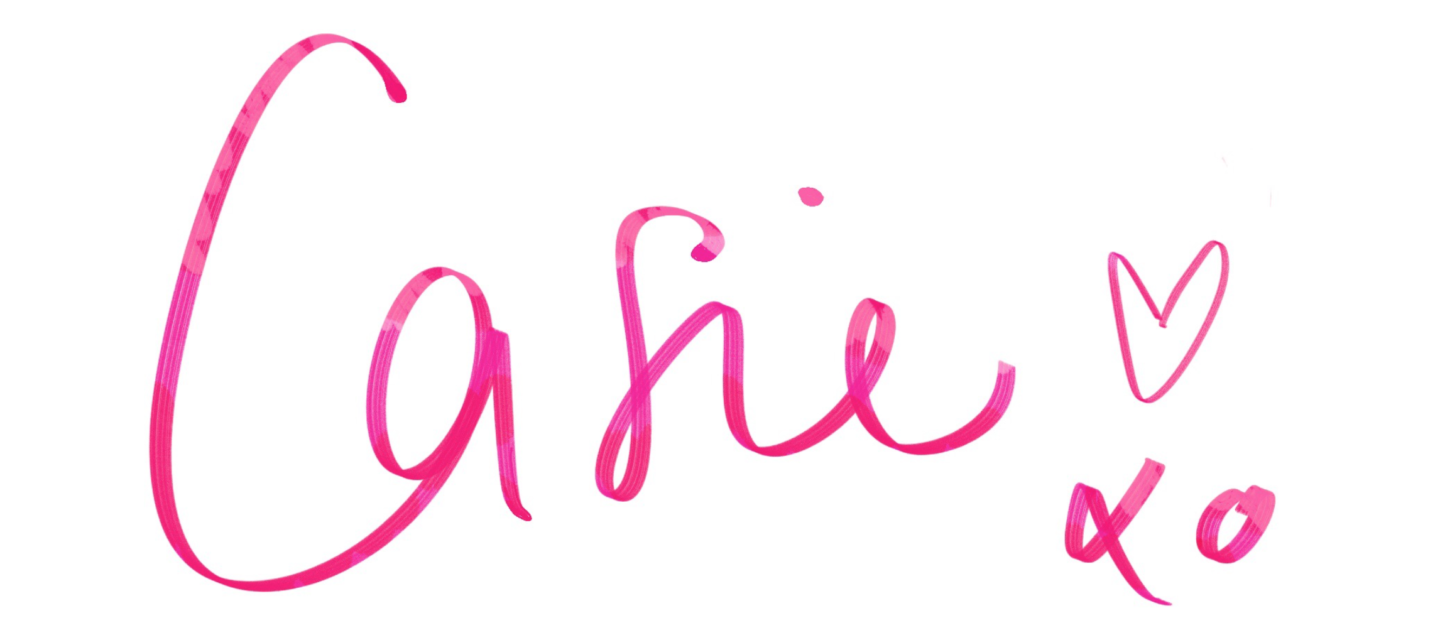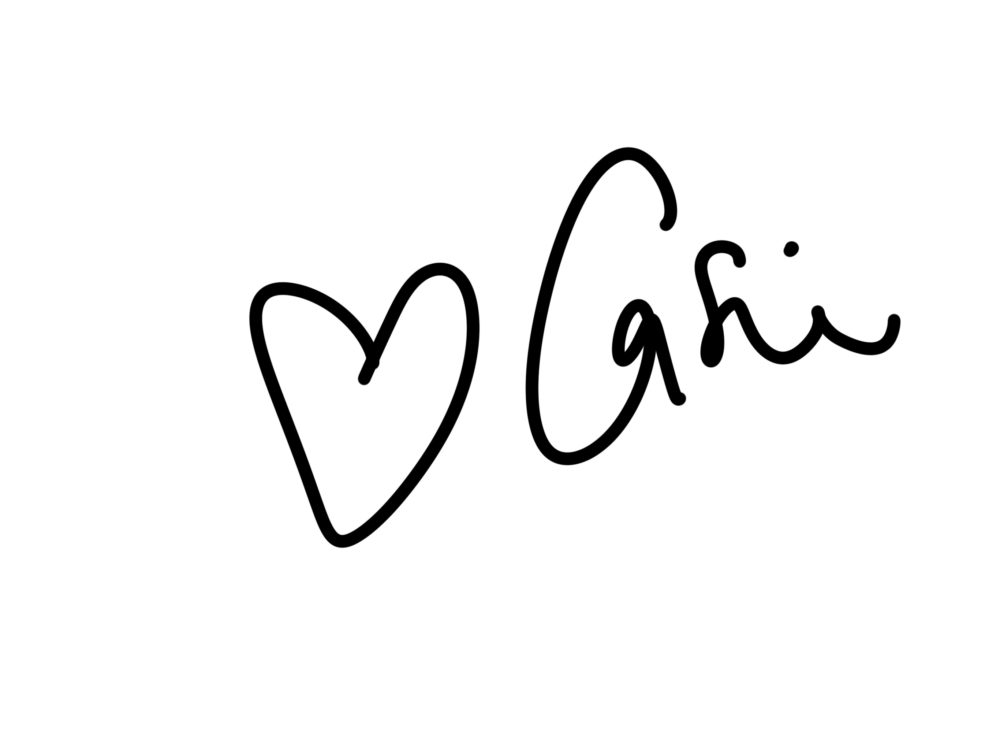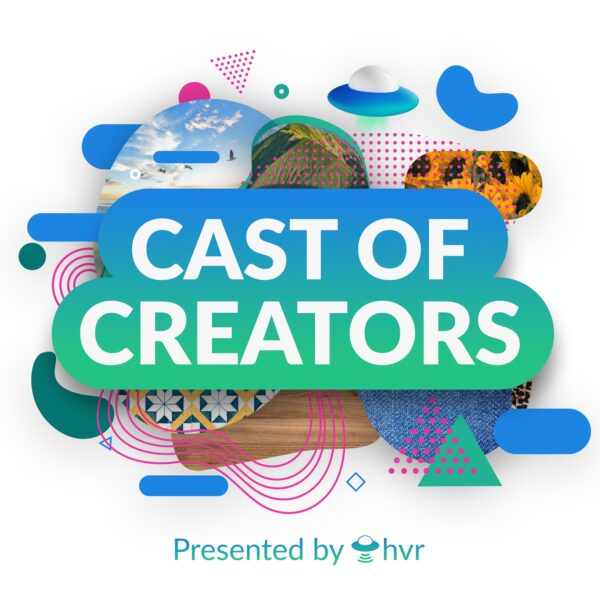Today I did a writing workshop hosted by my friend Ama Scriver on the Addition Elle Instagram. Our internet has been quite slow today making to hard to watch the live video but I was able to catch the tail end that included a writing prompt. I was initially having trouble getting to work on a project so I decided to join in and I am so happy I did. This is my second writing workshop in a week and I am really loving this type of activity right now.
A lot of the writing I do never gets published. I think it’s important to write for yourself and write to remember. I started this blog 15 years ago as a way to keep more memories and it has served me well. I write a lot more than you see here though, sometimes long documents, others short verses of prose that nobody knows.

Journaling through this quarantine has helped me deal with feelings and get to know myself more. If you don’t have a journal, get one. Write notes to yourself and go back to them another day. Writing is such a therapeutic process. I love the sound of typing on keys. The scratch of pencil on paper. Bold Sharpie strokes in a notebook. I love it all.






























